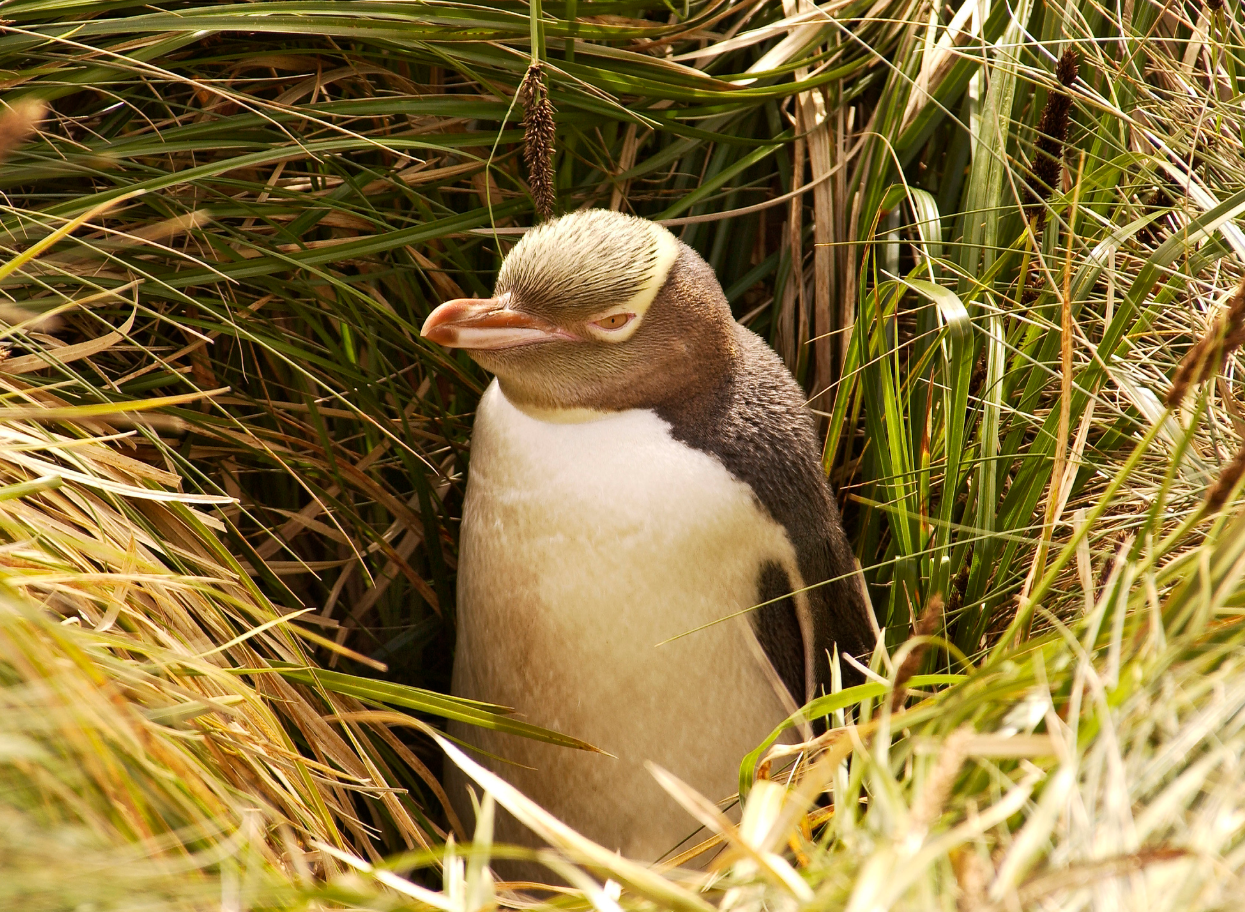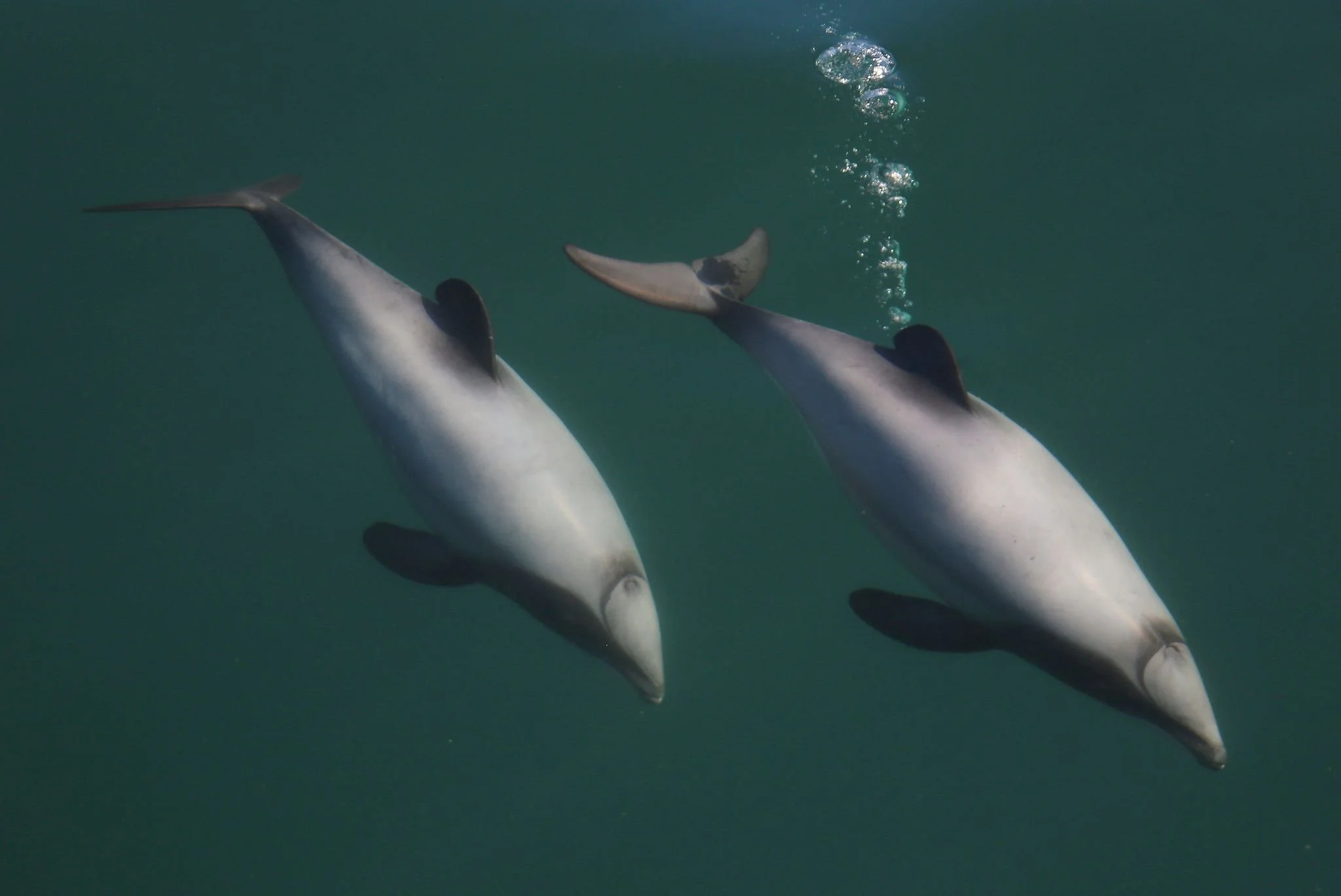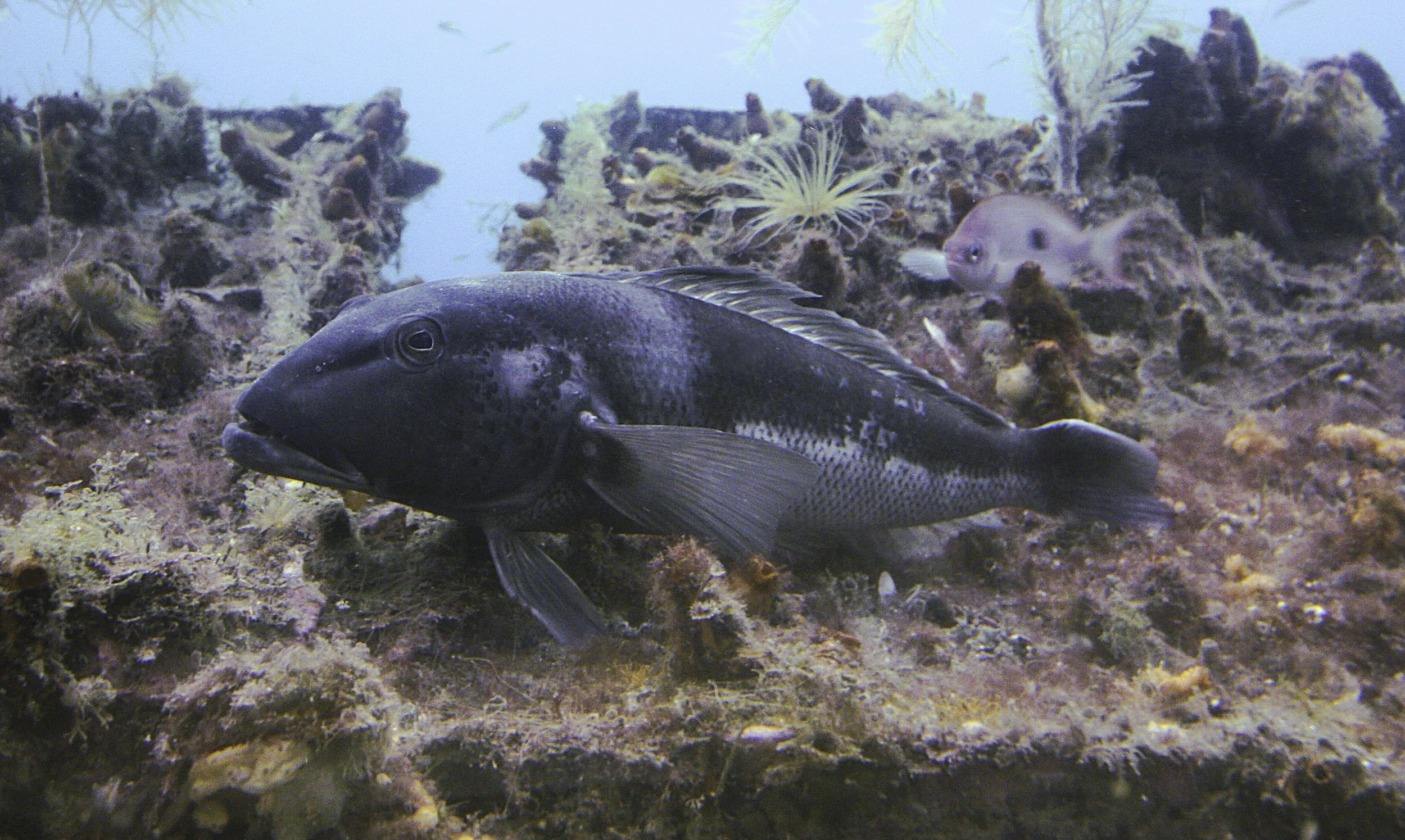
News and submissions
Submission: Cost recovery for on-board cameras - Fisheries NZ discussion paper
In ELI’s view, there are significant issues with the proposals and their underpinning analysis.
The most significant issue is the lack of a proper justification for the proposal that the Crown bear the proposed $3.76 million in annual costs associated with the on-board camera programme.
The legal and policy analysis underpinning this proposal is seriously deficient.
High Court challenge launched against Government’s emergency setnet ban for hoiho
The Environmental Law Initiative (ELI) has filed High Court proceedings against the Minister for Oceans and Fisheries, challenging a recent decision to close a portion of northern hoiho habitat to setnet fishing.
Emergency closure for hoiho welcome but falls short
The Environmental Law Initiative (ELI) says today’s announcement of an emergency three-month closure of set-net fishing around the Otago Peninsula by Minister for Oceans and Fisheries Shane Jones will protect some hoiho, while leaving others unprotected.
Fishers support ELI call for emergency closure to protect hoiho. Ministers must act.
The support of Otago set-net fishers for emergency closures of set-net fishing shows action to urgently protect hoiho has broad backing, and it is time for Ministers to act.
US Court finds NZ protection for Māui and Hector’s dolphins insufficient
A US Court has ruled that New Zealand fish exports fail to meet the United States Marine Mammal Protection Act – because New Zealand is not sufficiently protecting the critically endangered Māui dolphins from fishing related-deaths.
Crayfish closure proposals offer hope for the future
The Environmental Law Initiative welcomes Fisheries New Zealand’s proposals to close crayfish fisheries along the east coast of Northland, the Hauraki Gulf, and the Bay of Plenty, to allow recovery of crayfish populations and ecosystems.
Calling on Ministers to use their powers to protect hoiho
Hoiho are in serious trouble, especially the mainland population, which is in rapid decline and at risk of extinction. We’ve written to Ministers calling for urgent action to protect hoiho.
Response to the Government’s limitations on judicial review under the Fisheries Act
ELI’s director of legal and research, Dr Matt Hall says, “Any restrictions on judicial review under the Fisheries Act will mean that when unlawful decisions are made, they may be unchallengeable. This would undermine the rule of law.”
ELI challenges Government for under-resourcing fisheries conservation and research
The Environmental Law Initiative says the Government is under-levying the fishing industry by millions of dollars, which is contributing to the insufficient resourcing of marine conservation research and the decreasing deployment of fishery observers.
Court hearing on the highly destructive effects of bottom-trawling gets underway
From the shallows to the deep, the oceans surrounding Aotearoa are among the most biodiverse on Earth. They are a taonga — and caring for them is essential.
We’re taking the Minister for Oceans and Fisheries to the Wellington High Court for failing to uphold the law in managing orange roughy fisheries.
WIN: High Court victory for ELI and Ngāti Kaharau and Ngāti Hau Hapū in fisheries case
High Court victory for Environmental Law Initiative and Northland hapū in fisheries case.
Submission: Restoring crayfish numbers in the Hauraki Gulf
ELI’s submission to Fisheries NZ’s review of sustainability measures for spiny rock lobster (crayfish) for the area known as CRA 2, which covers the Hauraki Gulf.
Proposed amendments to non-fish and protected species reporting
Fisheries New Zealand (FNZ) has consulted on a range of changes to the bycatch reporting requirements for commercial fishers.
Our key recommendations for DOC's Conservation Services Programme
Populations of many protected species that inhabit New Zealand’s waters are declining. ELI recently submitted its feedback on DOC’s draft plan for the Conservation Services Programme, which serves as the government’s primary mechanism for understanding and tackling fishing-related risks to protected species. In light of the alarming decline in marine biodiversity and the precarious state of our marine environment, formulating an effective plan to thoroughly investigate and address the effects of fishing on our taonga marine species is critical. Here are our recommendations for improving the draft plan.
Ensuring environmental protection is prioritised in the RMA reform
ELI has submitted comprehensive feedback for the government on the Natural Built and Environment Bill (NBEB) and the Spatial Planning Bill (SPB), both of which are set to replace the Resource Management Act (RMA). The RMA is one of NZ’s most important pieces of legislation – governing what can be built, when, where and how.
MPI’s proposals on “Habitats of Significance” misaligned with Fisheries Act
MPI recently sought feedback on its guidelines for “identifying habitats of particular significance” for fisheries management. Facing mounting pressure to address the declining health of coastal environments, MPI has claimed that this initiative is one of several to move Aotearoa New Zealand towards ecosystem-based management (EBM) of its fisheries.
ELI welcomes this end-goal, having made our views on the importance of EBM in Aotearoa’s fisheries known, both in court and in our public policy submissions. But we’re equally concerned that these proposals in their current form are unlikely to get us there. Here’s why.
Improving our national plan for shark conservation in Aotearoa - our submission
New Zealand’s Exclusive Economic Zone (EEZ) is home to at least 113 species of shark, more than 70 of which have been recorded in NZ’s fisheries. Sharks play an important role in maintaining healthy marine ecosystems, but face a litany of significant threats, most of which are human induced. Read our submission to FNZ and DOC on their Draft National Plan of Action for the Conservation and Management of Sharks 2022.
Missed opportunities in the Fisheries Amendment Bill
Read our full submission on the Fisheries Amendment Bill, and why the proposed changes are unlikely to fulfil the Govt’s stated intentions for our Oceans and Fisheries.




















